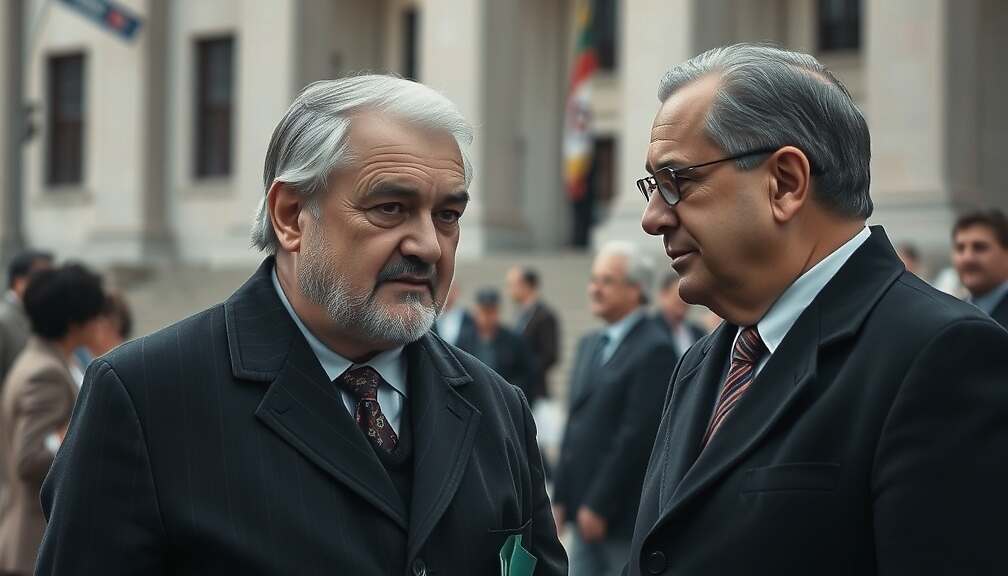The debate over a unified national electricity price in Germany is intensifying, with key political figures expressing opposing viewpoints. Alexander Schweitzer, Minister-President of Rhineland-Palatinate, reaffirmed his support for maintaining a single price zone across the country, emphasizing the importance of secure and affordable energy for a strong industrial base and economy. He voiced concerns regarding potential increased costs for his state should such a unified system be dismantled.
Mona Neubaur, Deputy Minister-President of North Rhine-Westphalia and state Minister for Economic Affairs, echoed this sentiment, arguing that dividing the national electricity price zone would not be a well-considered solution. She suggested that the argument for cost efficiency through differentiated pricing overlooks the significant expenses and logistical challenges associated with such a transition.
These statements follow calls from several Minister-Presidents of northern and eastern German states who, in recent days, have advocated for breaking up the unified pricing system. They propose abolishing the current single bidding zone and establishing regional pricing. However, opposition to this proposal is also mounting, with the Minister-Presidents of Bavaria and Baden-Württemberg already jointly declaring their firm opposition.
The debate centers around a recent study by European transmission system operators, which indicated potential annual savings of 340 million euros through the division of Germany into five price zones. Such a system aims to reduce reliance on expensive and environmentally damaging gas-fired power plants, potentially lowering electricity costs in regions with high renewable energy generation, primarily in the north and east. Conversely, the study suggests costs would increase for regions in the south. It’s important to note that the study’s data stems from 2019 and does not fully reflect recent advancements in renewable energy capacity or newly constructed transmission lines.












